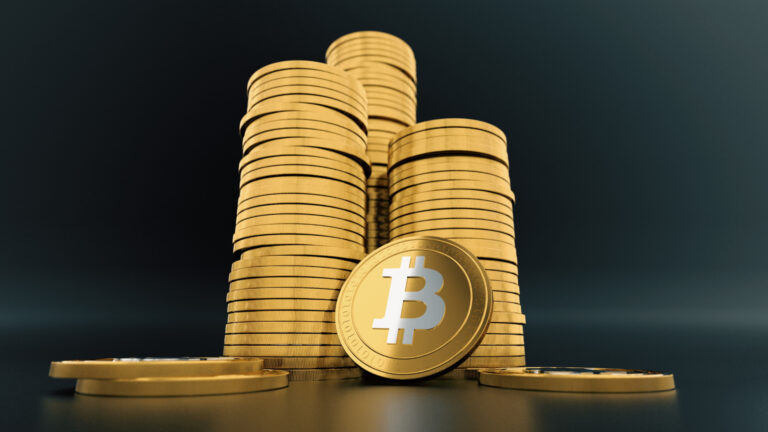China’s GDP to expand 8.1% despite pandemic
MANILA, Philippines: Asian Development Bank (ADB) has projected the Gross Domestic Product (GDP) of China to expand 8.1 percent in China this year despite persistent uncertainty over the coronavirus (COVID-19) epidemic.
The bank has informed in a new report it released on Wednesday.
In this Asian Development Outlook (ADO) 2021, in ADB‘s major annual economic publication, ADB announced an 8.1% increase in China’s economic growth in 2021. China’s GDP was 2.3% in 2020, before reversing the trend and projected 5.5% in 2022.
Yolanda Fernandez Lumin, ADB Country Director for the PRC said the economy is recovering strongly despite the uncertainty of the epidemic. Lumin said China would achieve recovery by improving the job market, restoring consumer confidence, and meeting domestic demand.
The main driver of investment growth in 2020 was 2.2 percentage points. According to strong export performance in the second half of 2020, manufacturing investment increased significantly in the fourth quarter of 2020. Real estate investment rose in the second quarter and remained solid for the year, up 7.0%.
After the economy recovers, consumption should regain its position as a key contributor to growth in 2021 and 2022, followed by investment and net exports. The share of net exports is likely to increase temporarily in 2021 before retreating in 2022.
Despite the uncertainty surrounding epidemics in 2021, there is likely to be an increase in services. Hospitality, recreation, and tourism will benefit from the Void 19 immunizations.
Meanwhile, the pace of lending in financial services may slow down as banks see more restrictions on mortgages and other real estate loans. It projected the balance of current accounts to moderate in 2022. PRC officials should help banks deal with their non-performing loans to reduce systemic risk.
Inflation is likely to ease in 2021, reflecting a drop in pork prices while domestic demand is still recovering, and will rise again in 2022. Consumer price inflation will fall from an average of 2.9% in 2019 to 1.5% in 2021. Inflation rose due to a hike in food prices. African swine fever has pushed pork prices up an average of nearly two-thirds higher than in 2019.
Despite Cove 19, the PRC attracted more foreign direct investment (FDI) in 2020 than a year earlier. Net FDI increased from 0.4% of China’s GDP in 2019 to 0.7% in 2020 due to inflows and outflows. The recovery in domestic demand and strong export performance in the second half of 2020 helped lift FDI inflows from a low base.








